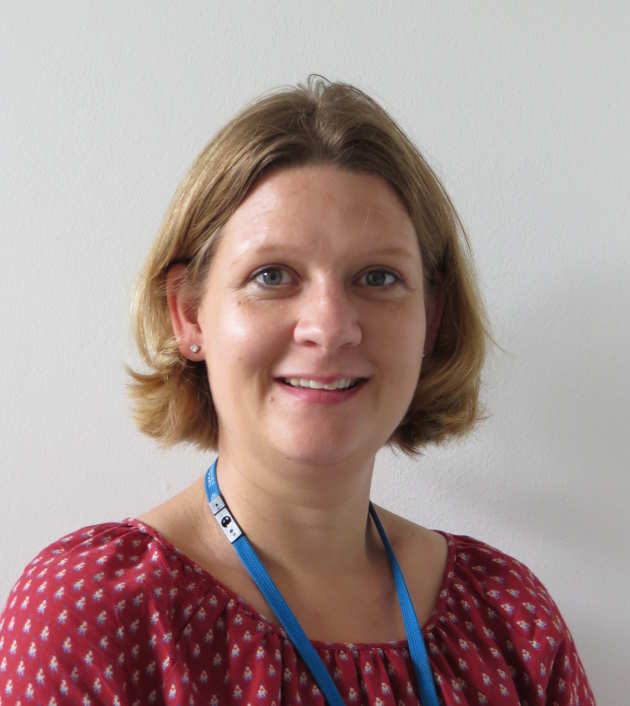RESEARCH: INVESTIGATING OUTCOME MEASURES FOR PHYSIOTHERAPY TRIALS OF AIRWAY CLEARANCE IN ADULTS WITH CYSTIC FIBROSIS (CF).

How did you get into research?
I am very inquisitive and through my work as a Specialist Physiotherapist and discussions with CF colleagues and patients, I uncovered lots of unanswered questions about clinical care. It was through trying to answer these questions and with support from my colleagues, that I started my research journey. This involved creating questionnaires; running a randomised-controlled trial; and then applying for and gaining a HEE/NIHR clinical doctoral fellowship to support my PhD.
What do you enjoy about research?
I get to spend my time trying to answer the questions that have tested me throughout my clinical career. Working in research has allowed me the time and space to think about what we do clinically every day, and to try to find the evidence needed to improve the experience for our patients.
What was the most difficult aspect of doing your PhD?
Trying to manage conflicting priorities has been the most difficult aspect so far. It’s has been challenging to ensure I meet projected recruitment rates while allowing time to continue working on my thesis and maintaining a work-life balance.
What difference has your research training and experience made to your career?
The experience that I gained through participating in research projects while in my clinical job fuelled my interest in research and led me to apply for my fellowship. The fellowship has altered my career massively as it has allowed me to focus on my PhD research, while also gaining skills that I hope will help me in the future to continue to work in a clinical-academic career.
How has research changed your clinical practice?
Research training has made me a more rounded clinician, putting both the patient and the evidence at the heart of what I do. I have developed analytical skills from reading and critiquing papers which has flowed into clinical work, and helps with the teaching of others.
What has made a difference to progressing your research career?
1. I work in a fantastically pro-research cystic fibrosis department. Being in that environment gives you exposure to projects, motivation and support for research opportunities.
2. Gaining financial support for my research through a HEE/NIHR Clinical Doctoral Fellowship – this has allowed me to work full time on my research, without the worry of leaving my department understaffed.
3. Support from my family and friends – even if they think I am crazy to pursue a PhD with a young family, they have never said it!
Where do you see your clinical academic career going over the next five years?
My dream for the next five years would be to complete my PhD, and then use the conclusions drawn from that for a post-doctoral investigation into the longer term effects of airway clearance.
Gemma Stanford, Specialist Physiotherapist in Adult Cystic Fibrosis, Royal Brompton & Harefield NHS Foundation Trust, g.stanford@rbht.nhs.uk
To download Gemma's case study please click here: Gemma Stanford
Useful links
Contact us
The CATO Team and Radiographers Incubator work on a Hybrid model, combining days in the office with days working from home – the best way to reach us is by email.
cato@imperial.ac.uk
radresearch@imperial.ac.uk
+44 (0)20 3313 7397

